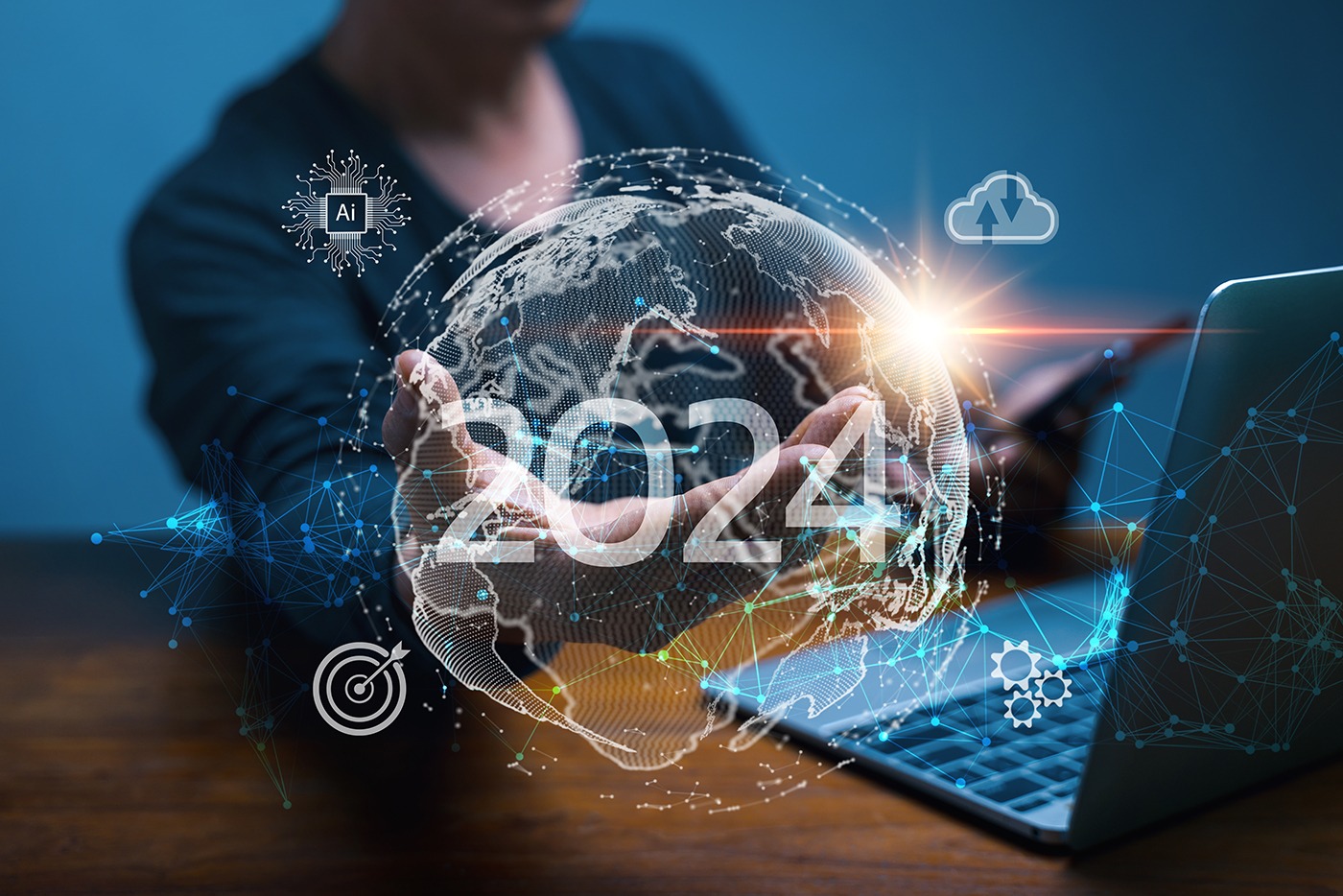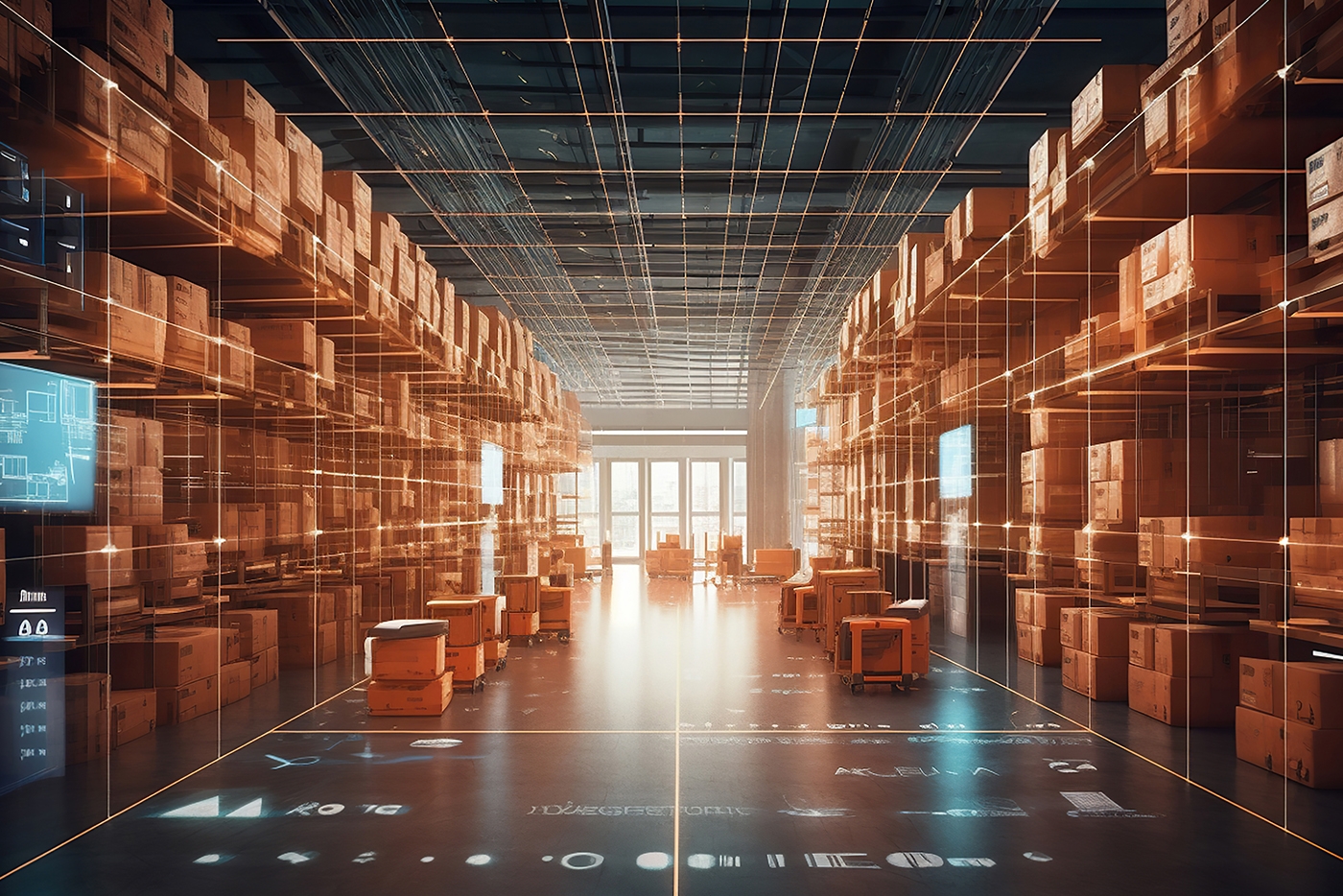How To Become A More Sustainable And Resilient Company
10 June 2022
Amidst the growing climate crisis, many of us want to do our bit and make more responsible buying choices. Indeed, two out of three consumers can now be categorized as “belief-driven buyers,” and more than two-thirds expect brands to care about environmental issues. Therefore, brands that want to remain relevant must embrace sustainability and eliminate, or at least reduce, the environmental costs of doing business.

Reducing supply chain emissions
The supply chain is an obvious place to start. According to the World Economic Forum, eight supply chains account for more than 50 percent of global greenhouse gas emissions: food, construction, fashion, fast-moving consumer goods, electronics, automotive, professional services and freight. If companies in these sectors can address their supply chain emissions, they will create a bigger impact than solely focusing on their direct operations and power consumption. They can multiply their climate impact, in other words – with only a marginal increase on product costs, according to the WEF. Of course, I’d also encourage businesses outside of these sectors to look at reducing their supply chain emissions.
What does this look like in practice? The WEF insight report linked above sets out steps to decarbonize the supply chain, but let’s explore a few brief examples of companies that are doing this in practice:
- Danone runs a training program for farmers, designed to help them move to sustainable farming practices.
- Google helps its suppliers identify energy efficiency opportunities, and helps them to implement these opportunities.
- Apple has a Supplier Clean Energy Program, through which it is directly investing in renewable energy generation. The company aims to achieve 100 percent clean energy in its supply chain by 2030.
- H&M and Maersk have worked together to develop an initiative that uses biofuels to enable low-carbon shipping of H&M products.
- Steel manufacturer SSAB partnered with utility company Vattenfall and mining company LKAB to enable the production of fully emissions-free steel.
- Walmart developed a supplier engagement program to help suppliers set their own emissions reduction targets and take practical steps to achieve those goals.
For me, sustainability isn’t just about your environmental footprint, but also your social footprint. In other words, how your company treats others in the supply chain matters. Dutch chocolate brand Tony’s Chocolonely is a shining example of how businesses can reduce the true social costs of doing business. For example, Tony’s is working to make the cocoa industry fair trade and free from slavery and child labor. The company also partners with non-profit Justdiggit to restore and regreen dry lands in Africa, where the majority of cocoa beans are grown.
Looking beyond the supply chain
There are plenty of other ways organizations can boost their sustainability:
- Understand your current impact. For example, you can examine your energy usage and water intake, and work with energy and water providers to cut your usage.
- Switch to renewable energy. This is one of the most powerful ways your business can make a difference.
- Reduce waste, reuse and recycle. From reducing energy waste to recycling materials like paper and plastic, there are many ways to reduce, reuse and recycle across the organization.
- Audit the products, materials and services you use and switch to sustainable alternatives. From the toilet roll in employee toilets and the products used by cleaners, to your web hosting provider, shipping vendors and software providers – there’s often a carbon-neutral alternative out there.
- Switch to sustainable packaging for your products. Compostable packaging is ideal. Recyclable packaging at a bare minimum.
- Allow people to work remotely, where appropriate, because fewer people traveling for work means lower emissions. And where you do expect people to travel to work, offer them incentives to travel by bike or public transport (bike loans, season ticket loans, subsidized fares, etc.).
From sustainability to resilience
There’s no question in my mind that building a sustainable business is central to long-term survival and success. Therein lies the link between sustainability and resilience – after all, resilience is all about building a company that can survive into the future.
It’s an interesting time to be thinking about resilience. 2020 was a hugely disruptive year for society as a whole, with a worsening climate crisis and political and social unrest on top of a global pandemic. For businesses, it was a year that challenged the very concept of what it means to be “prepared.” Couple these ongoing challenges with rapid technological advancement and I believe we’re now entering an age where businesses will regularly face disruption of one kind or another. Indeed, a global survey by Deloitte revealed six out of 10 business leaders believe we’ll see either occasional or regular business disruption going forward. Which makes resilience more important than ever.
Cyber-resilience and digital advancement are key to resilience in the 21st century. During the pandemic, organizations that were able to pivot to digital channels or accelerate their digital transformation were clearly better equipped to survive. But what if the next pandemic is a digital one – a virus that takes down the internet, for example? If that were to happen, businesses with a physical infrastructure would be better equipped to survive, while those solely reliant on digital channels would face a major existential threat. Therefore, resilience in the fourth industrial revolution may mean balancing digital with other channels. As I said, it’s an interesting time to rethink resilience, and consider what resilience will mean going forward.
Related Articles
The Top 5 Tech Trends In 2024 Everyone Must Be Ready For
Once again, we’ve reached the time of year when we look ahead at what technology has in store for us in 2024.[...]
The Amazing Ways Coca-Cola Uses Generative AI In Art And Advertising
Some say that in the very near future, we’ll need to either adopt artificial intelligence (AI) or be made redundant by it – or by others using it.[...]
The 5 Biggest Risks of Generative AI: Steering the Behemoth Responsibly
In our contemporary world, the pressures of the professional sphere often encroach upon our personal space, giving rise to stress and an overwhelming sense of dread.[...]
3 Ways To Reinvent Your Products And Services For The Future
With the rise of the metaverse and web3 technologies, there’s no denying the next evolution of the internet is already underway.[...]
Virtual Influencer Noonoouri Lands Record Deal: Is She The Future Of Music?
Teenage influencer Noonoouri has 400,000 followers on Instagram and has starred in fashion campaigns for Dior, Balenciaga and Valentino.[...]
Managing Stress at Work: 5 Top Tips Anyone Can Follow
In our contemporary world, the pressures of the professional sphere often encroach upon our personal space, giving rise to stress and an overwhelming sense of dread.[...]
Sign up to Stay in Touch!
Bernard Marr is a world-renowned futurist, influencer and thought leader in the fields of business and technology, with a passion for using technology for the good of humanity.
He is a best-selling author of over 20 books, writes a regular column for Forbes and advises and coaches many of the world’s best-known organisations.
He has a combined following of 4 million people across his social media channels and newsletters and was ranked by LinkedIn as one of the top 5 business influencers in the world.
Bernard’s latest book is ‘Generative AI in Practice’.










Social Media